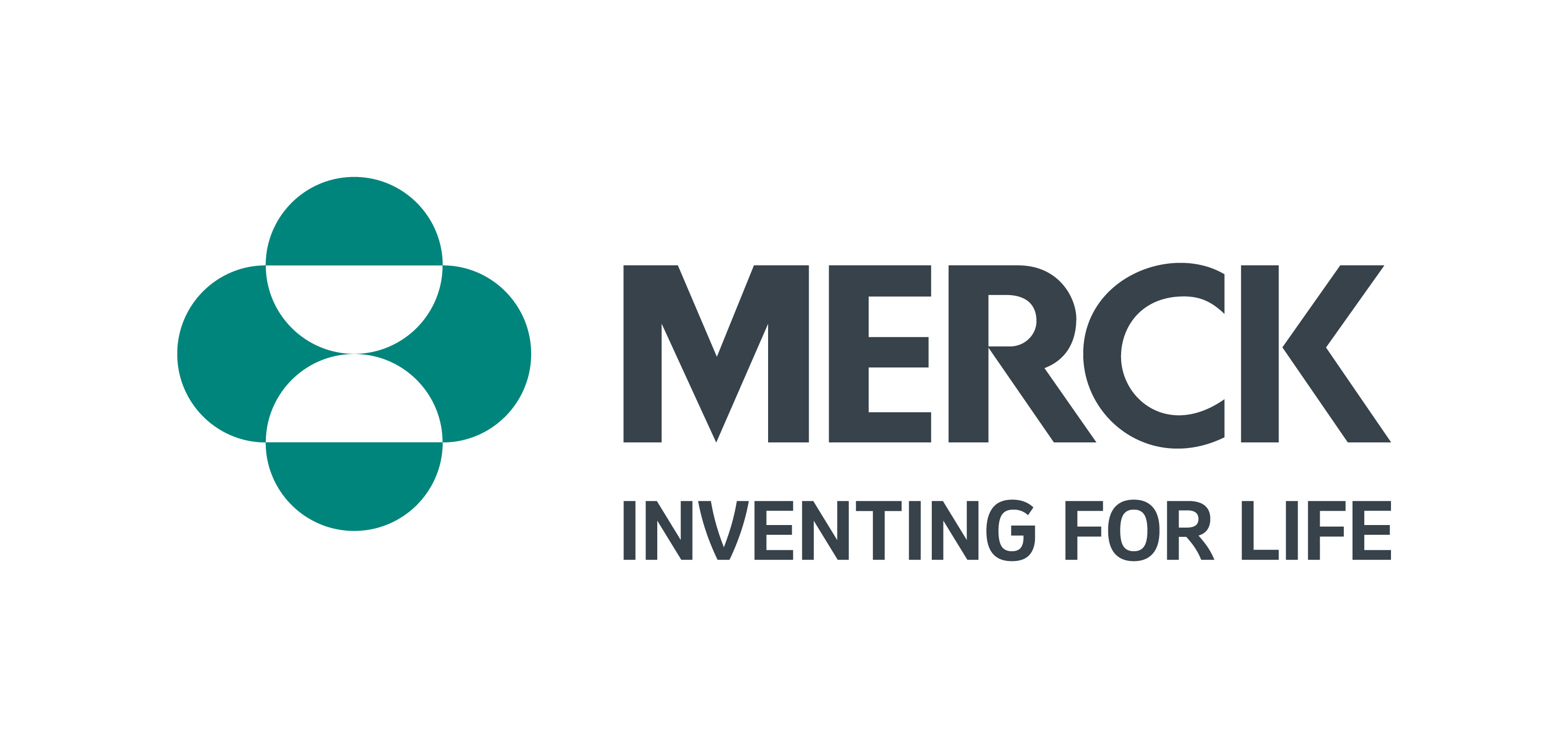New Merck for Mothers Blog: The Host Shining a Light on Maternal Health Around the World
The Big Questions with Ivy Prosper
Ivy Prosper is a television host, producer and speaker. She's also an advocate for the empowerment of women and for their maternal health rights. She currently works as a producer on documentary projects telling stories in Africa. She is also developing a line of handbags and accessories where a portion of sales go towards maternal health needs in Ghana.
What’s your connection to maternal health and how did you get involved?
I was the host and roving reporter for a television series that aired in Ghana and parts of West Africa called The Maternal Health Channel Television Series. We travelled across the country documenting stories of women who had either lost their lives or suffered complications during childbirth. It was a series that had the whole nation talking about what can be done to improve the lives of pregnant women. I was actually nominated for Host of the Year by the RTP Awards in Ghana for my work on the program.
I've lent my voice to the conversation about maternal health whenever I can. For example, I partnered with Merck for Mothers on a panel they presented during the Women in the World Summit in New York City in 2016. Most recently, I'm developing a small business of selling handbags and other African crafts with a portion of the proceeds going towards maternal health needs in Ghana.
What does maternal care mean to you and what caused you to become such a strong advocate?
Maternal care is about providing a woman with the comfort and peace of mind knowing that being pregnant is not a possible death sentence. It’s critical to give her the sense that she has all the tools to have a safe and healthy pregnancy.
To be honest, I never imagined I would end up being an advocate for maternal health. Especially since I have never had any children of my own. I was hesitant at first because I thought maybe people wouldn't think I had a voice on the issue because I've never been a mother. Once I was on the ground seeing the atrocities women experience, I felt compelled to continue being an advocate for women's maternal health rights.
What positive developments have you seen in maternal care recently?
Utilizing mobile technology has been one of the best things for women in rural communities. Mobile apps have given women the ability to learn as well as keep in contact with their midwives, doctors or nurses. Zero Mothers Die is one app that uses SMS messages to teach women some of the essential things needed in order to have a healthy pregnancy. The Mobile Midwife app even has prerecorded messages to help women. Some of these apps even provide simple teaching tools for healthcare professionals to learn how to handle life-threatening situations during and after childbirth.
What improvements still need to be made?
Most of the issues are often involving infrastructure, access to resources and education. Many women in developing countries live two hours from the closest hospital or medical facility. Often nearing to get there by foot or motorcycle. With poor roads and limited facilities, governments need to be more involved in bridging the gap that puts women's lives and their unborn children at risk.
Final Words
Every pregnant woman deserves to have access to quality care. It's my hope that over the next 10 years we will see greater improvements in access to medical care that will not only save their lives, but also the lives of their children.
We invite you to visit the Merck for Mothers website to comment on Ivy Prosper’s blog here.
About Merck for Mothers
Merck for Mothers is a 10-year, 500 million dollar initiative that applies Merck scientific and business expertise – as well as its financial resources and experience in taking on tough global healthcare challenges – to end preventable maternal mortality worldwide. To achieve this, Merck for Mothers is providing transformational and sustainable solutions focused on improving the quality of maternal health care women receive at health facilities and increasing women’s access to family planning.
Merck for Mothers focuses on helping countries reduce maternal mortality and improve maternal health with the overall aim of supporting United Nations’ Sustainable Development Goal (SDG) 3.1, which calls for a global reduction in the maternal mortality ratio to fewer than 70 maternal deaths per 100,000 live births by 2030. For more information, visit www.merckformothers.com.



